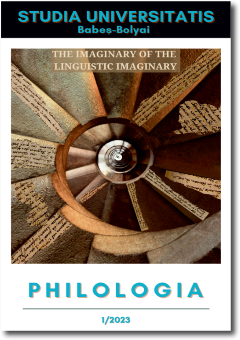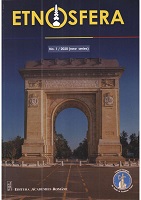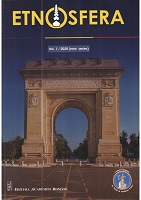
POLITICAL MYSTICISM AND THE LEGIONARY MOVEMENT IN INTERWAR ROMANIA. A COGNITIVE APPROACH
POLITICAL MYSTICISM AND THE LEGIONARY MOVEMENT IN INTERWAR ROMANIA. A COGNITIVE APPROACH
Keywords: discourse; ideology; cognitive linguistics; mental space; conceptual integration; political religion;
Political Mysticism and the Legionary Movement in Interwar Romania. A Cognitive Approach. The purpose of this article is to explore the public discourse of the Iron Guard, the often called “exotic” Romanian fascist movement. I will focus especially on the messianic figure of Corneliu Zelea Codreanu, the charismatic leader of the movement, and the long lasting fascination he has exerted in the Romanian public space for more than a century now. The approach taken here is based on Gilles Fauconnier’s and Mark Turner’s conceptual integration theory and it is an attempt to show how by blending various mental spaces, from religious elements to medieval historical characters and events, the movement managed to create a unique mix that seemed to set it apart from other European fascist movements. Its members were extremely young and, by all accounts, genuinely religious, even practicing a type of political „mysticism” that was rather uncommon elsewhere.
More...

